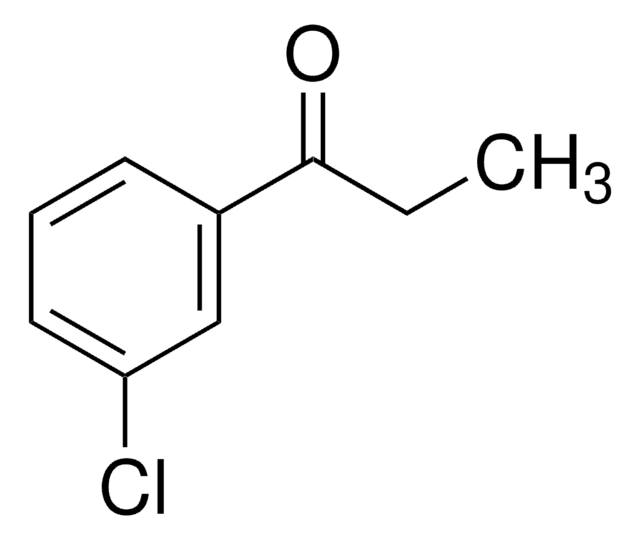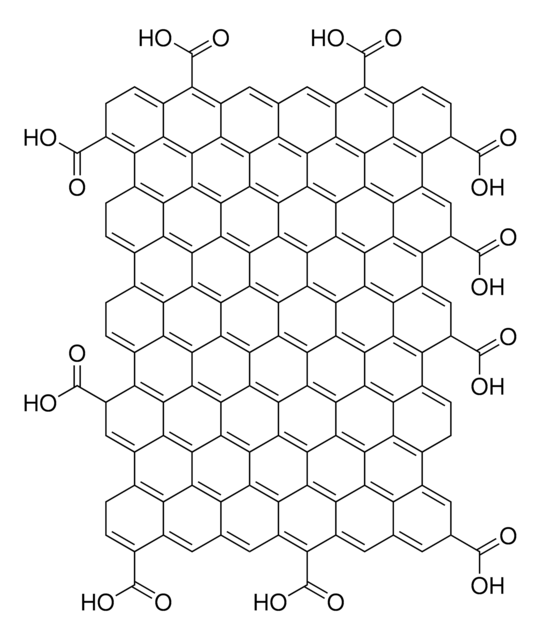255475
Boron nitride
powder, ~1 μm, 98%
Synonym(s):
Boron mononitride, Hexagonal boron nitride, White graphite
About This Item
Recommended Products
Quality Level
Assay
98%
form
powder
particle size
~1 μm
density
2.29 g/mL at 25 °C (lit.)
SMILES string
B#N
InChI
1S/BN/c1-2
InChI key
PZNSFCLAULLKQX-UHFFFAOYSA-N
Looking for similar products? Visit Product Comparison Guide
Related Categories
General description
Application
- In the fabrication and luminescence study of monolayered boron nitride quantum dots.
- Rare earth boron complexes.
- Boron nitride filled polybenzoxazine system as a thermally conducting molding components for electronic packaging applications.
- Boron containing ceramic products.
- As a starting material to form BN nanotubes.
- To load silicone rubber and its consecutive effect on its thermal, mechanical and morphological properties was studied.
Storage Class Code
13 - Non Combustible Solids
WGK
WGK 3
Flash Point(F)
Not applicable
Flash Point(C)
Not applicable
Personal Protective Equipment
Regulatory Listings
Regulatory Listings are mainly provided for chemical products. Only limited information can be provided here for non-chemical products. No entry means none of the components are listed. It is the user’s obligation to ensure the safe and legal use of the product.
JAN Code
255475-10G:
255475-VAR:
255475-250G:
255475-BULK:
255475-50G:
Choose from one of the most recent versions:
Already Own This Product?
Find documentation for the products that you have recently purchased in the Document Library.
Articles
Innovation in dental restorative materials is driven by the need for biocompatible and natural-appearing restoration alternatives. Conventional dental materials like amalgam and composite resins have inherent disadvantages.
The production of hydrogen by catalytic water splitting is important for a wide range of industries including renewable energy petroleum refining and for the production of methanol and ammonia in the chemical industry.
Our team of scientists has experience in all areas of research including Life Science, Material Science, Chemical Synthesis, Chromatography, Analytical and many others.
Contact Technical Service





